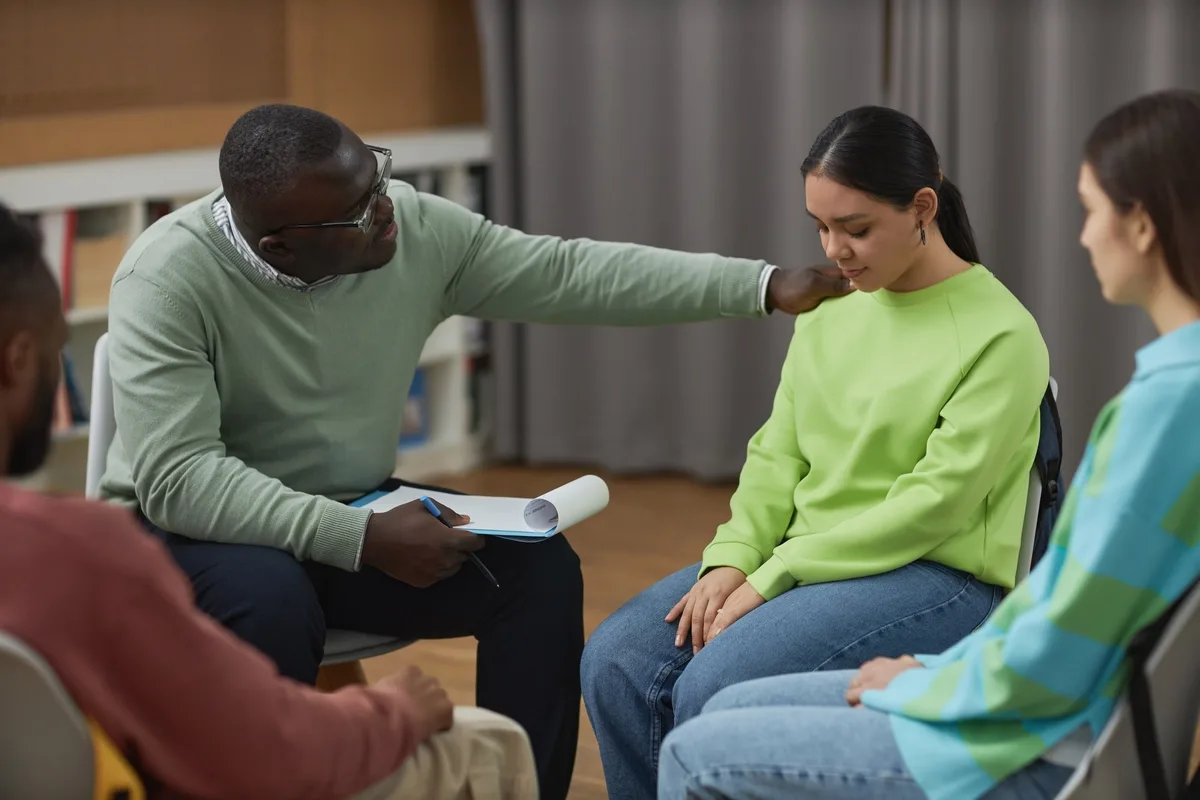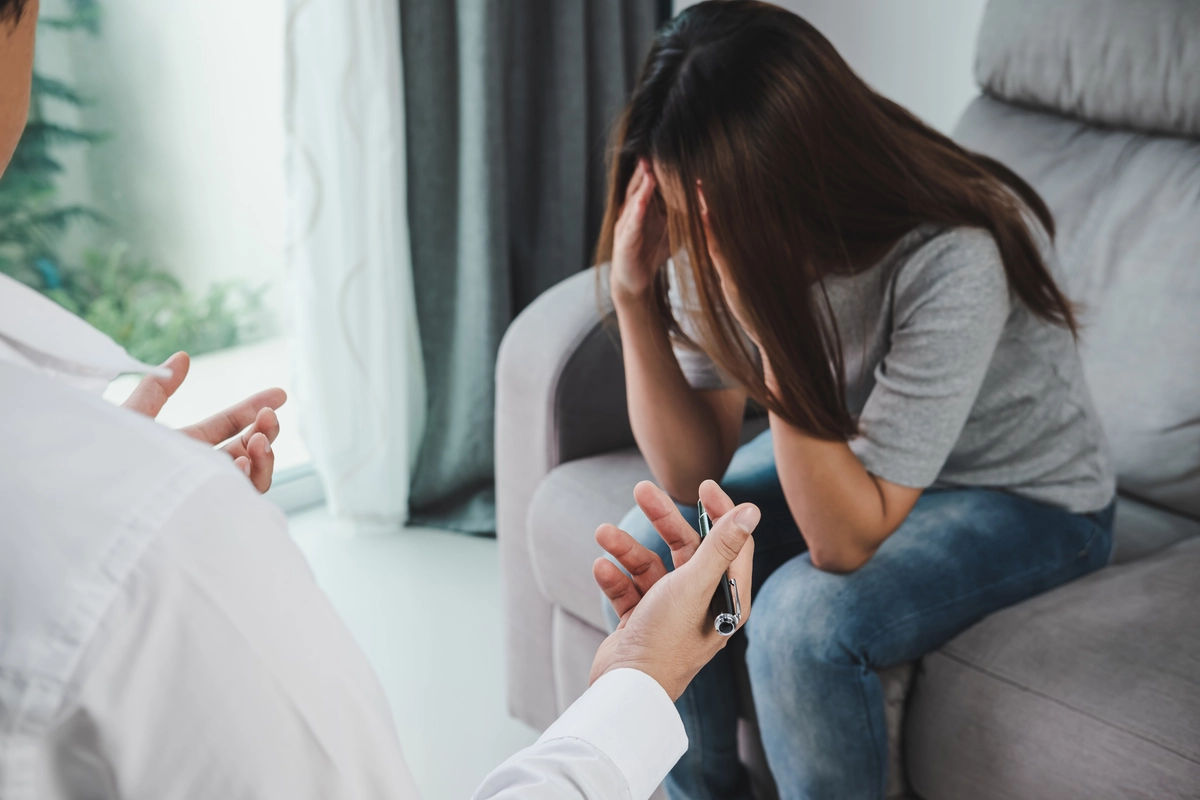24/7 Helpline:
(866) 899-221924/7 Helpline:
(866) 899-2219
Learn more about Opioid Rehab centers in Columbus County
Opioid Rehab in Other Counties

Other Insurance Options

Health Partners

MHNNet Behavioral Health

BlueCross

Health Net

American Behavioral

PHCS Network

AllWell

Meritain

Holman Group

Optima

Sliding scale payment assistance

Access to Recovery (ATR) Voucher

UnitedHealth Group

Ambetter

United Health Care

ComPsych

WellCare Health Plans

Anthem

Providence

Magellan

Allied Behavioral Management
Allied Behavioral Management is a private rehab located in Whiteville, NC. Allied Behavioral Managem...

Advantage Behavioral Healthcare
Advantage Behavioral Healthcare - Davis Avenue offers outpatient treatment for individuals with alco...

Robeson Healthcare Corporation
Robeson Healthcare Corporation - Hill Plaza is a non-profit rehab located in Whiteville, North Carol...
























































































































AA – Alcoholics Anonymous
AA – Alcoholics Anonymous is a non-profit rehab located in Whiteville, North Carolina. AA – Alcoholi...

Rouse Counseling & Consulting
Rouse Counseling & Consulting is a private rehab located in Whiteville, North Carolina. Rouse Counse...

Clean and Clear Evaluation
Clean and Clear Evaluation is a private rehab located in Whiteville, NC. Clean and Clear Evaluation ...












































































